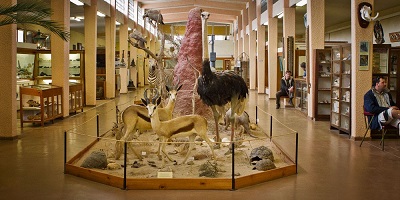
Black History Month to be celebrated through movies and discussions

The U.S Embassy’s Public Affairs Section in Namibia has organised educational and cultural events this month, to celebrate Black History Month.
The U.S Embassy in a statement said that programmes open to the public and free of charge will be held at the American Cultural Centre on Independence Avenue, at the Sanlam Centre.
According to the embassy, their speaker programmes which honour the Namibia-US relations, will have the U.S exchange programme Alumni lead a speaker series on Thursday evening starting at 18:00.
Speakers for the programme will include Kaveto Tjatjara who will be talking on Sanitation- is it a right or a necessary?; Steven Harageib, whos’ topic is, what does economic and political liberation mean for someone caught in cycles, maze, prisons of poverty, domestic violence, poor education and access to basic needs.
Seno Namwandi, will contribute with the topic, bringing the gape between African History, Culture and the 21st Century and will be joined on a panel by Bredan Ihmig and Mohammed Shehu.
The embassy said the movies and discussions programme is scheduled for Fridays and will capture the diverse narratives of African-Americans, therefore all movie screenings will start at 17:15.
The screening that will take place include, Roman J. Israel, ESQ, a dramatic thriller set in the underbelly of the overburdened Los Angeles criminal court system, Black Panther and Marshall.
Meanwhile the embassy has requested the public to book seats in advance for both programmes and to note that all the screenings have been rated PG-13.
Black History Month was the inspiration of the Harvard-trained historian, Carter G. Woodson, who instituted “Negro History Week” in 1926. The celebration was expanded to a month in 1976, the nation’s bicentennial. Each February, Black History Month honours the struggles and achievements of millions of American citizens over the most devastating obstacles, slavery, prejudice, poverty as well as their contributions to the country’s history, culture and political life.












































